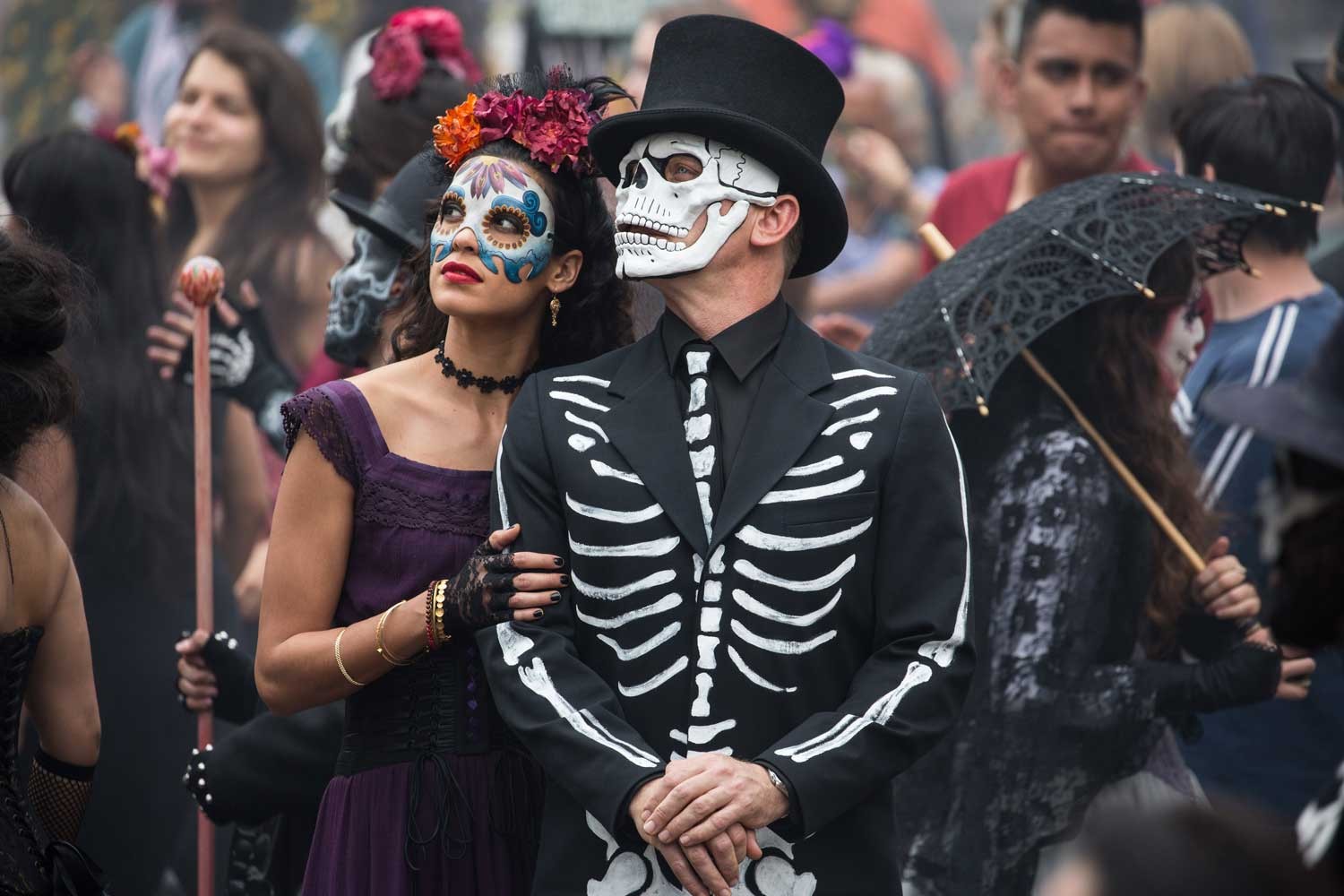A fairly horrid disappointment, as director Alejandro G. Iñarritu follows up his Oscar win for ‘Birdman‘ the year previous, which I was rooting for, with this, a period piece set in the wilderness of America’s Dakotas in 1823, replete with as many arty shots as you can shake your fist at, but no amount of landscapes and visceral clenches of the environment can mask that at its core ‘The Revenant’ is just an extremely poorly written action film that makes no sense at any point, and whose bloody excess is endorsed by a director playing around with cameras so much that he operates as a character himself, which is exactly what a director shouldn’t be doing, to the extent that the only thing of any merit is the technical quality of the equipment and cinematographer Emmanuel Lubezki’s use of it, delivering crisp and lucid images throughout, but even they are interjected far too often, and with a run time of 156 mins this is one film where you’ll be glad to see the credits role and signal the experience is finally over.
Leonardo DiCaprio stars, and indeed finally won his first Oscar for the role (Iñarritu and Lubezki were the other winners from a total of twelve nominations; including best film and a best supporting nod for Tom Hardy), playing one of a group of fur trappers (Hugh Glass) dealing with Indian attacks and basic survival against the elements. At its heart, the film is as predictable as could be, with an essential plot element revealed in the trailer (aiding its predictability), a continuously unbelievable central arc and a litany of character decisions that make no sense at all – whilst trying to be vague, a non-exhaustive list of these include:
Indians attacking a group because they believe the chief’s daughter might be held captive by them, they don’t think to check first of course and the ensuing slaughter could easily have killed her had she been there in the first place, the Indians then decide to doggedly harass the remainder of the group, still with no actual evidence the girl is with them, whilst at the same time completely ignoring the possibility that the other groups of whites around may be the culprits; a bear attack that presumably has some relationship with something the scriptwriter seen on the discovery channel at some point but still looks completely ridiculous and should have by rights killed the recipient right off but instead mangles him for the sake of rubbish plot lines; a character that has the use of lots of men at his disposal but instead heads off without them to deal with a lone gunman; a shootout with someone firing at range when they know the other person cannot possibly reload in time so they could have leisurely walked up to them and fired with no chance to miss; someone committing murder and not killing the only witness – even though they were about to originally murder said witness so they obviously have no qualms about it; someone deciding revenge is bad but giving a person over to other people knowing they will immediately kill them; someone stealing a horse from a large armed group in broad daylight when they could have at least waited until dark …
… and these are just the ones off the top of my head, I have no doubt there are many others. It starts off really promisingly (incidentally, opening scenes are sure to remind anyone who has ever played ‘Myst’ of one of the lands in the game, and curiously the symbol drawn on a canteen at one point is the same used throughout Myst online, maybe they are fans …) but it isn’t long before it becomes tedious and ridiculous, and it’s all downhill from there as we watch the inevitable play out in the most indulgent and drawn-out fashion imaginable. Iñarritu takes to several moments of providing 360 degree spins with the camera, presumably trying to put the audience into the scene but in reality removing us from it and instead creating a somewhat dizzying effect.
It’s a very physical role for DiCaprio, and as is ever the case with this kind of part, if you’re actually there freezing your bollocks off and getting wrecked by the environment, are you really acting? Although not really his finest hour, and he deserved a much better screenplay, few could begrudge him his long overdue Oscar win. For anyone who has seen ‘The Big Sky’ (52) starring the late, great Kirk Douglas (it’s a much better film incidentally), then you will undoubtedly notice some large-scale and not-so-subtle parallels with ‘The Revenant’, and indeed here the scene where someone guts an animal and climbs inside its carcass has almost certainly been taken directly from ‘Headhunters’ (2011). Massive disappointment from the director and writers – Iñarritu and Mark L. Smith, who based their work partly on Michael Punke’s 2002 novel of the same name detailing the adventures of the real-life Glass. I remember a surge of gratefulness when this finally finished that definitely made it a memorable entry in my log of long and painful cinematic experiences.
I almost forgot – show of hands, who actually knows what ‘revenant’ means? Hmm, I don’t see many hands going up out there – apart from you, but you are lying to yourself. Here is the definition I’ve swiped from Dictionary.com:
Revenant – noun 1) a person who returns
2) a person who returns as a spirit after death; ghost
Brit. dic. noun 1) something, esp a ghost, that returns
ORIGIN: C19: from French: ghost, from revenir to come back, from Latin
revenīre, from re- + venīre to come





